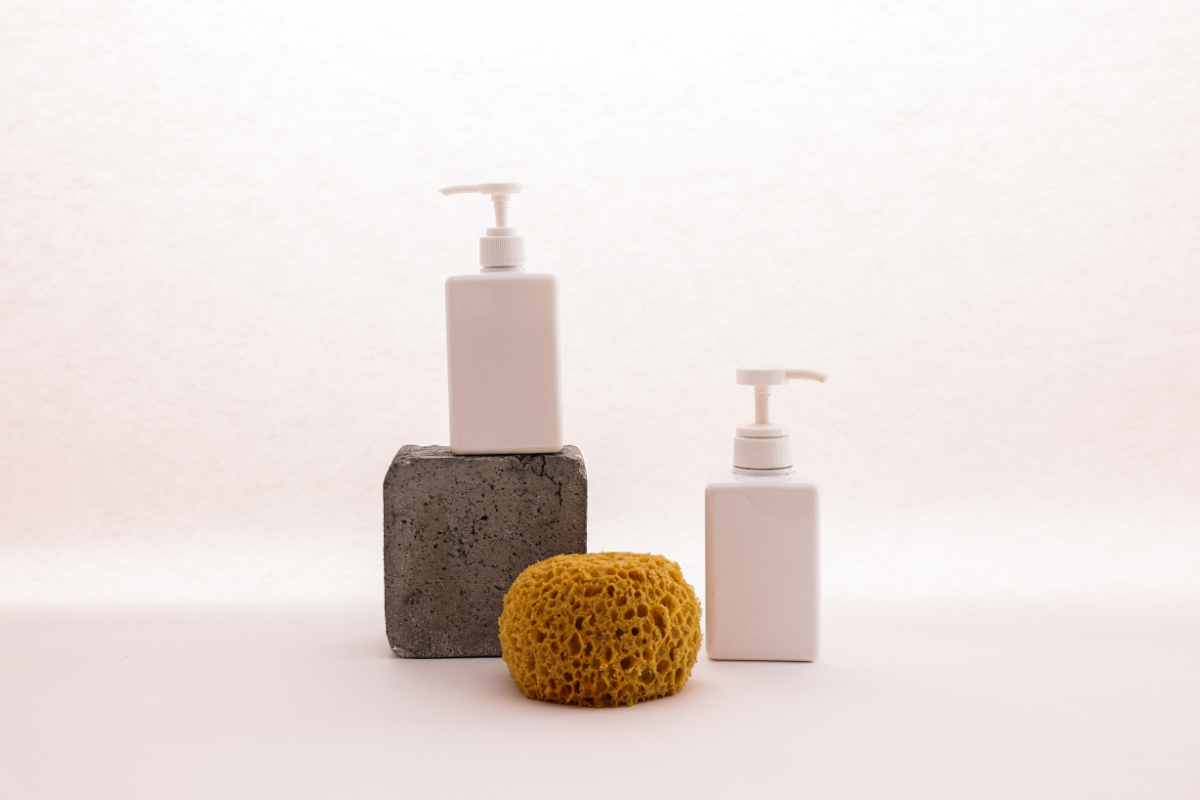

Sponsored Ads

Sponsored Ads

Native, a brand known for using natural ingredients, is facing a lawsuit against its shampoo for false advertising. This article details the Native shampoo lawsuit and the possible implications for the company if the claims are proven.
What is Native?
Native is a personal care brand that was founded in 2015 in San Francisco. The founder, a Harvard graduate, started the company with the aim of creating a deodorant with natural ingredients. The brand was acquired by P&G for $100 million in November 2017. It now makes shampoo, body wash, and sunscreen, among other personal care products.
Now that you know about Native, here’s what the Native shampoo lawsuit is all about.
What is the Native shampoo lawsuit?
Native is currently facing a class-action lawsuit for false advertising. The Native shampoo lawsuit alleges that the shampoo contains PFAs (Perfluoro alkoxy alkanes), a group of chemicals known as “forever chemicals” that have been used in consumer products since the 1950s.
The basis of the Native shampoo lawsuit is that consumers were led to believe that their shampoo did not have any harmful chemicals and would not have bought their products had they been aware of this fact. Native has not responded to these claims.
What are PFAs?
PFAs are widely used in various industries due to their oil- and water-resistant properties. Some common applications include food packaging and non-stick cookware. These chemicals do not degrade easily in the environment.
PFAs are known to cause cancer and a reduced ability of the immune system to fight infections. The Native shampoo lawsuit alleges that the use of PFAs constitutes false advertising as it contradicts the brand's claim of using "natural ingredients."
What is a class-action lawsuit?
A class action lawsuit is brought by a group of plaintiffs representing a larger group (or "class") against a big corporation or organization for damages caused by the organization's actions. The payouts from such lawsuits are used to cover legal fees, medical costs, and any other damages that may have been caused.
Class action lawsuits typically bind all class members, even if they have not received any notice of the action. This is different from the typical process and unique to class action lawsuits. Successful lawsuits typically result in hefty fines and settlement costs.
The biggest class action lawsuit in American history was the Tobacco master settlement agreement in 1998, brought against tobacco companies for the medical costs related to smoking. The settlement in that case was $206 billion.
The Native Shampoo lawsuit can be considered class action if the claim has been accepted by the court.
Consumer views:
The Native shampoo lawsuit has sparked disappointment among consumers, with some saying they are scared to continue using the product. Some consumers said they originally bought the product because of the natural ingredients used and were shocked by the news. There have been posts on social media about the shampoo causing dryness and, in some cases, hair fall.
Since 2021, there has been a spate of lawsuits against companies for false advertising due to the presence of PFAs, with the Native shampoo lawsuit being one of them. In recent years, consumers have increased awareness about the effects of PFAs.
Possible Implications:
The Native shampoo lawsuit is still in its early stages. As a result of the lawsuit, several other lawsuits have been filed against Native's products. If this claim turns out to be true, Native may have to pay thousands of dollars in compensation to its consumers.
Native may be asked to recall their products and change their formulas as well. The Native shampoo lawsuit will also result in irreparable damage to their reputation. As a key component of the lawsuit is false advertising, they will be required to change their advertising practices.
However, it is important to note that not all consumers have experienced hair loss or any other symptoms as a result of using this shampoo, unlike what the Native shampoo lawsuit claims. So, it is also likely that the lawsuit could be dismissed. People have different hair types, and they have reported conditions like dryness from the use of shampoos across various brands.
Conclusion:
It is important for brands to use non-toxic ingredients and follow ethical advertising policy standards. The Native shampoo lawsuit has reminded people of that once again.
Native is a popular brand because they pride themselves on using natural ingredients. If there turns out to be some basis for this lawsuit, Native may have to overhaul its product line.
However, if the Native shampoo lawsuit is just an attempt to earn some money off of a corporation, people should find better things to do!
Sponsored Ads

Sponsored Ads

